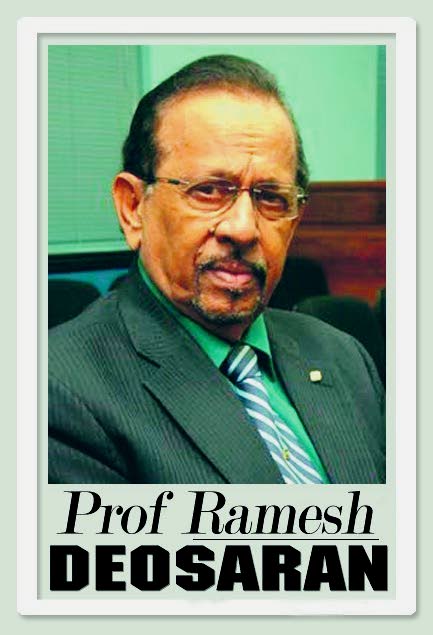Threatening journalists

Does the name Mahmoud Hussein ring a bell? For one year now I have been seeing Qatar-based international television Al Jazeera daily complaining to the world that Egyptian authorities have jailed its journalist Mahmoud Hussein for over three years without any charge or trial. (Today will be 1,235 days.) A reputable journalist in jail for over three years without charge or trial and no loud noises from the numerous international, regional or local media associations? Not yet fatal as the murder of Saudi Arabian journalist Jamal Khashoggi (Washington Post correspondent), Hussein’s arbitrary imprisonment deserves widespread protest especially when celebrating World Press Freedom Day (May 3). He was threatened then jailed.
Jailing and murder are bad but threats by public officials of any kind against journalists and media commentators also deserve swift condemnation. The sword must not be allowed to be mightier than the pen. The threats may be masked or implied, but apparently designed to frighten. Early this year, a journalist privately expressed personal fears to me. Hence my worry. A local newspaper recently felt obliged to respond with an editorial headlined “Don’t bully us.” What was also worrisome is that the newspaper stood alone in its defence. All sections of the independent media should have sent the message. Press freedom must enjoy collective protective beyond the daily competition for news.
Noting 49 journalists were killed last year with almost 900 killed since 1992, Reporters Without Borders warned “journalists face increasing risks.” (This country ranks 36 out of 180 countries in the World Press Freedom Index.) While we here enjoy press freedom, it is always a work in progress particularly when faced with those who appear “giddy, proud and vain with power.” Threatening one journalist is effectively threatening all. In the profession, it is one for all and all for one. That is what helps make it a profession. That is what happened in the 2018 murder of Khashoggi resulting with six Saudis sentenced to death for the murder. World media mounted a collective response.
But the media shouldn’t wait. Press freedom means that threats to journalists or media commentators demand quick attention. That is why I think Mahmoud Hussein’s case deserves local and regional attention, at least in finding out what the charge is. The free press has a duty to the vulnerable and voiceless.
Celebrate press freedom in principle. But the professional test is really illustrated by the robust protection given to journalists against threats of any kind. A disagreement with what a journalist or commentator writes or broadcasts may be met with a response to the issue, not a threat, implied or explicit. Both the Media Association of TT (MATT) and the Association of Caribbean Media Workers (ACM) rightfully appealed for press freedom and accurate information from the authorities on covid19.
Calling for “journalism without fear or favour,” ACM declared: “It is a disservice to a public in need of guidance and vital information that some Caribbean policy-makers have chosen to deliver partial information through one-way processes.” MATT called for “press freedom and independent journalism that provide reliable, life-saving information.” Covid19 is serious and immediate. But there is still room to look at other media-related issues. Mahmoud Hussein is now quite sick. He may well die in jail without charge. Save him.
Journalists do face day-to-day challenges in getting the next day’s story or worse yet in their investigative missions. Media investigations face several barriers – bureaucratic and political – within our culture of corruption. Sometimes for example, the regular source of a journalist’s news stories may himself come under criminal investigation. Social distancing is discreetly required here. Judges, magistrates, police officers deserve severe public reprimand when they violate public trust or break laws. So too, with journalists. A vital area of public trust in journalists is their protection of confidential sources of information.
As MATT president, Dr Sheila Rampersad, and ACM official, Wesley Gibbings are well aware, media associations, voluntary as they are, have faced challenges over active membership and financial support. At this time and with a corporate responsibility spirit, each independent media house may find it useful to contribute to these voluntary associations – free of any reciprocal obligations. A free press, as protector of our other freedoms, needs civic support against threats.

Comments
"Threatening journalists"